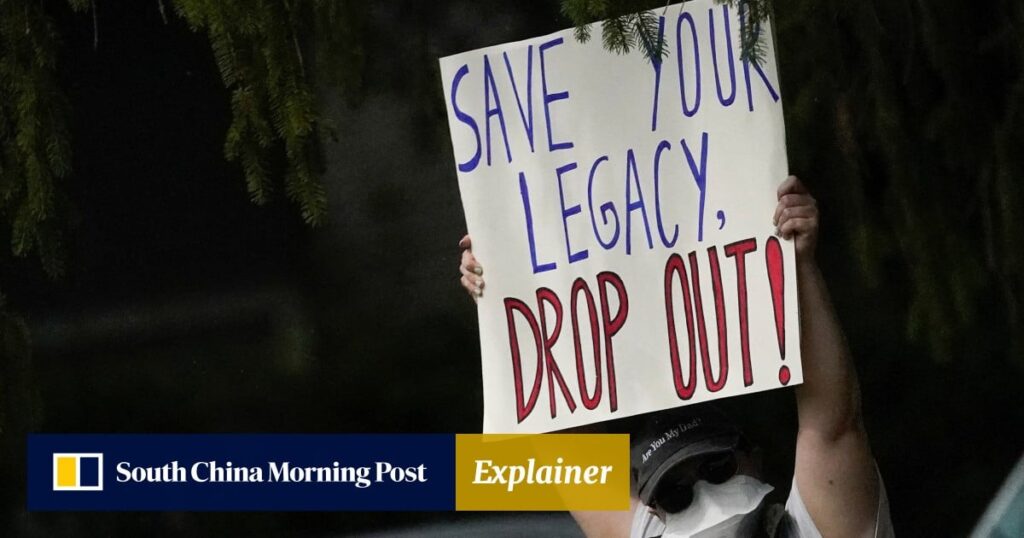The sitting vice president is likely the only person capable of ending an abbreviated nomination fight that threatens to turn the Democratic National Convention into a firing squad.
As the first Black woman to serve as vice president, Harris could forcefully argue that not nominating her would be an unacceptable affront to the party's most loyal supporters. And at 59, she is far more widely known than other potential rivals, and many believe she could have the appeal to former President Donald Trump, who is widely hated and feared by the Democratic base.
“It's like apples and oranges,” said Larry Sabato, a political scientist at the University of Virginia.
The breakdown of candidates is as follows:
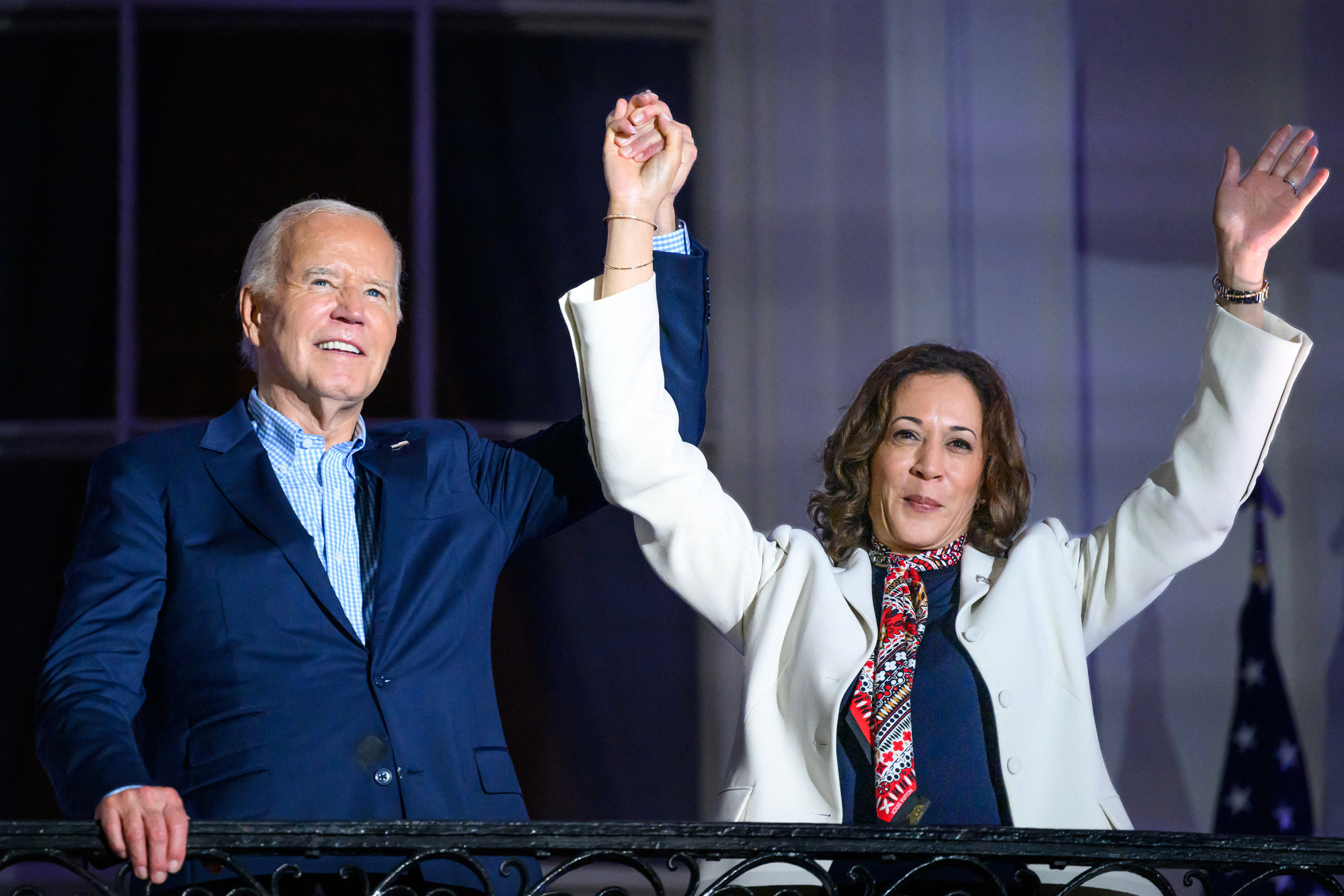
Kamala Harris
Strong Points:
As Biden's loyal vice president, Harris would likely be the obvious successor, given Biden's enthusiastic endorsement. She ran a successful campaign alongside Biden and already has tens of millions of Democrats voting for her.
Harris will position herself as a younger, more capable alternative to Trump, who lost the popular vote twice and remains deeply unpopular.
She has the ability to position herself as the candidate who represents what Democrats see as America's political future: a smart, young, non-white woman who has proven herself on the biggest stage.
Cons:
Some believe America isn't ready to elect a woman, let alone a Black woman, to the nation's highest office.
Republicans say she has a so-so record as vice president, and Trump is likely to blast her for failing to resolve the crisis on the southern border.
Harris' identity as a California progressive may be particularly hard to stomach in the Rust Belt battleground states that are likely to determine the next U.S. president.
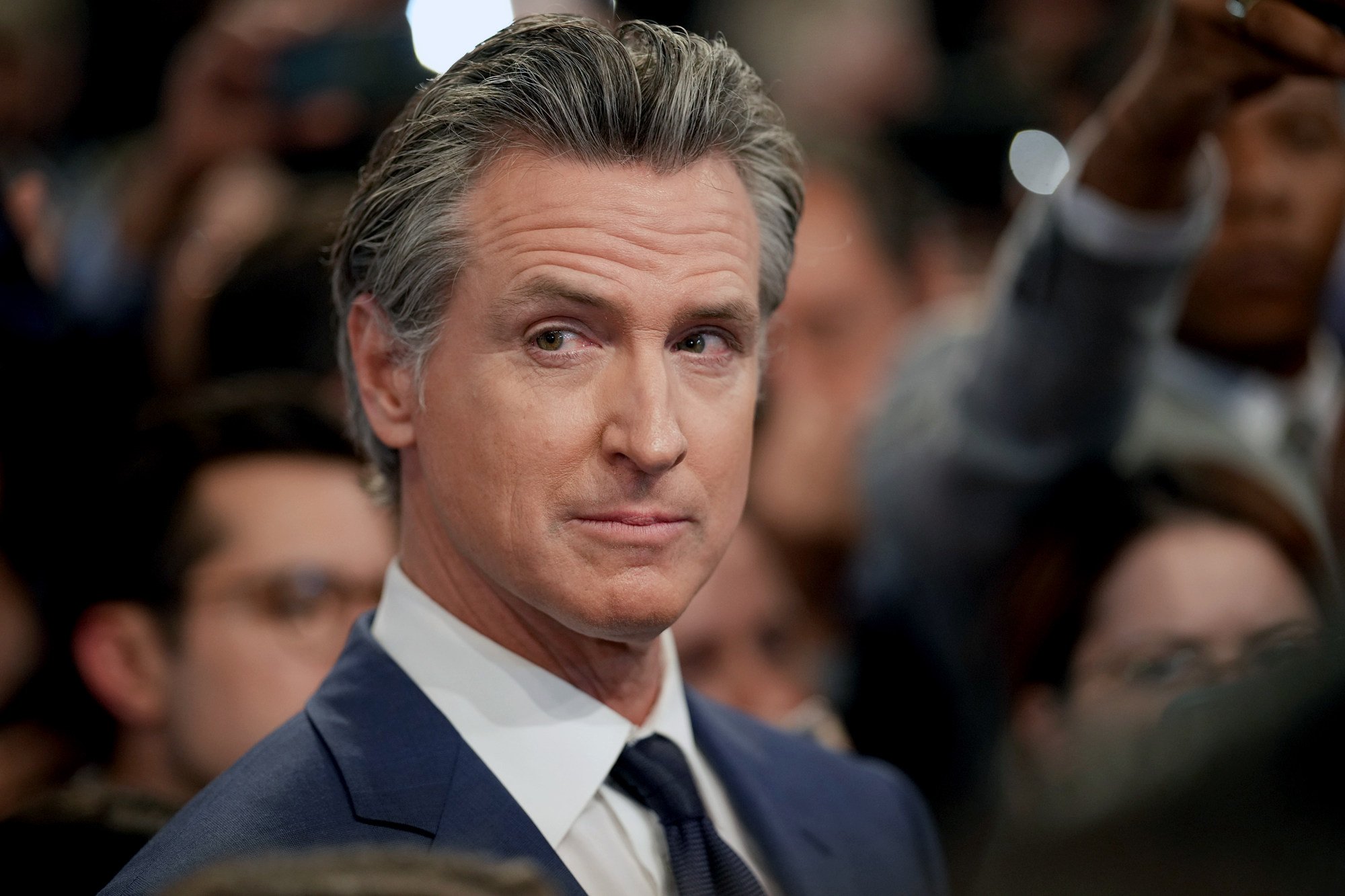
Gavin Newsom
Strong Points:
The California governor is popular, young and considered competent, a clear-sighted leader in the nation's largest Democratic state, and he showed an ability to take and deliver political blows during his fierce one-on-one battle with Florida Governor Ron DeSantis in the primary.
Like other younger Democrats, the 56-year-old could offer a dramatic contrast to the older and less popular Trump.
Cons:
Newsom's slicked-back West Coast image will be problematic in the Midwest.
Republicans will be happy to attack him for California's problems, which they say are due to high taxes and liberal policies that are causing population exodus and decline.
Like other white candidates, he could emerge deeply wounded by an ugly fight for the nomination and the perception that a qualified black woman was replaced by a white man.
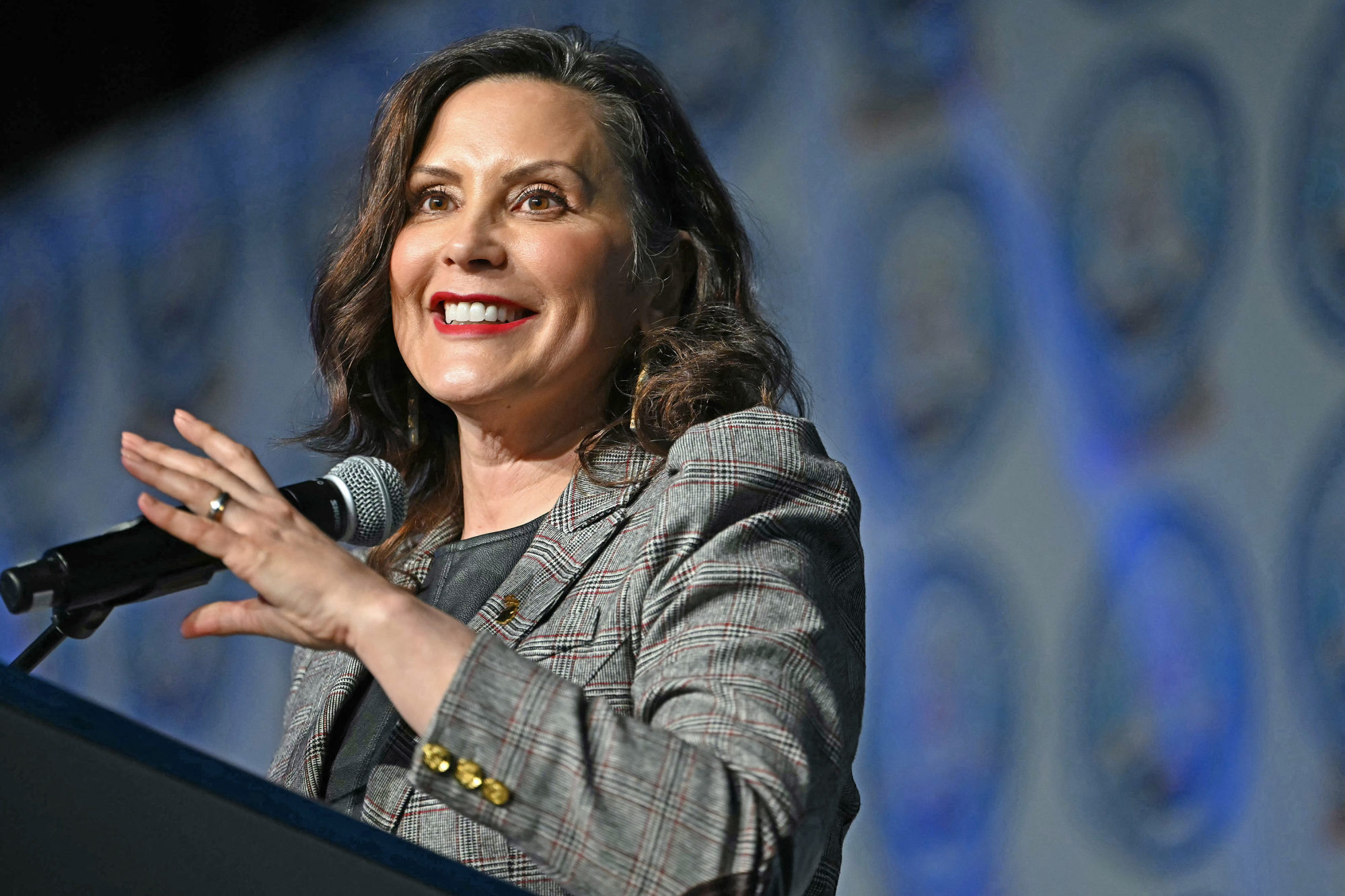
Gretchen Whitmer
Strong Points:
The Michigan governor is the dream candidate of many Democratic strategists: She's a successful and hugely popular leader in arguably the most important battleground state in the Rust Belt.
At 52, she is younger than many of her rivals, let alone Trump, who is 26 years her senior.
Governor Whitmer has a tough Midwestern temperament that may be widely popular across the country, especially when contrasted with Trump.
Cons:
Whitmer is less well known nationally among Democrats than her main rivals and has not yet run for president.
Some point to Hillary Clinton's defeat in the 2016 election as an example and say American voters will not vote for a female candidate.
Like any other candidate, she will have a tough task repairing the damage from a potential fight with Harris and rallying the party's base against an emboldened Trump.
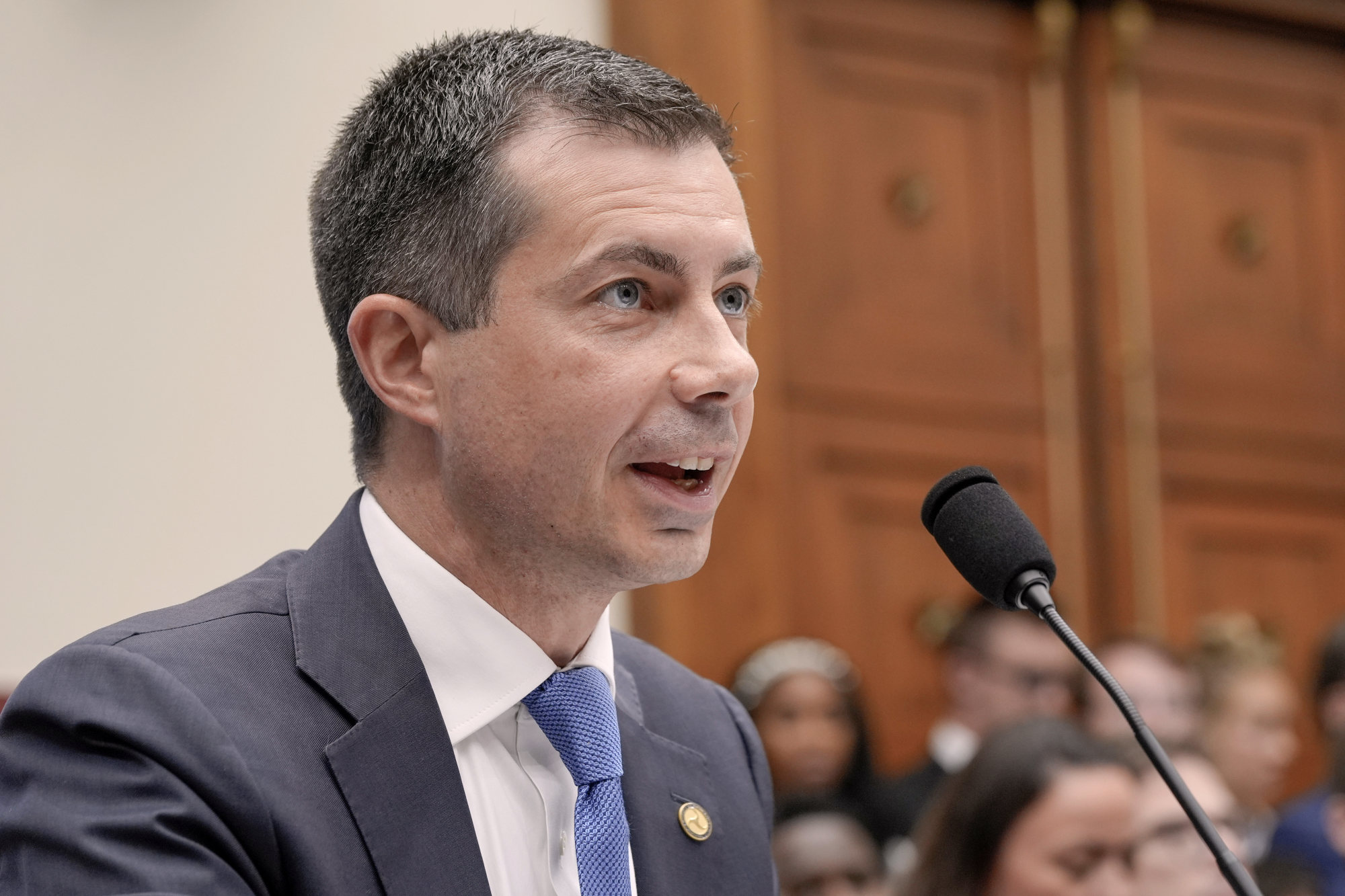
Pete Buttigieg
Strong Points:
Biden's transportation secretary is a popular moderate Democrat with strong communication skills who drew praise for his promising, if losing, campaign in the 2020 Democratic primary.
The openly gay former mayor of South Bend, Indiana, spent three and a half years as a staunch Democratic team player and was seen by many as an effective member of the Biden administration.
He will bring a Midwestern bent to the party and, at 42, will fly the flag for generational change — a dramatic shift from Biden, 81, and Trump, 78.
Cons:
While it may be hard to imagine after the drama surrounding Biden's age, Buttigieg's youth and inexperience could be seen as a drawback, especially against someone like Trump.
Buttigieg has rarely spoken about his sexual identity, but a significant portion of American voters have said they would not vote for an LGBTQ person.
Buttigieg, who was dismal among Black and Latino voters in the 2020 presidential election, will have a particularly tough time selling himself to the party's base, especially if he and Harris enter into an open nomination contest.
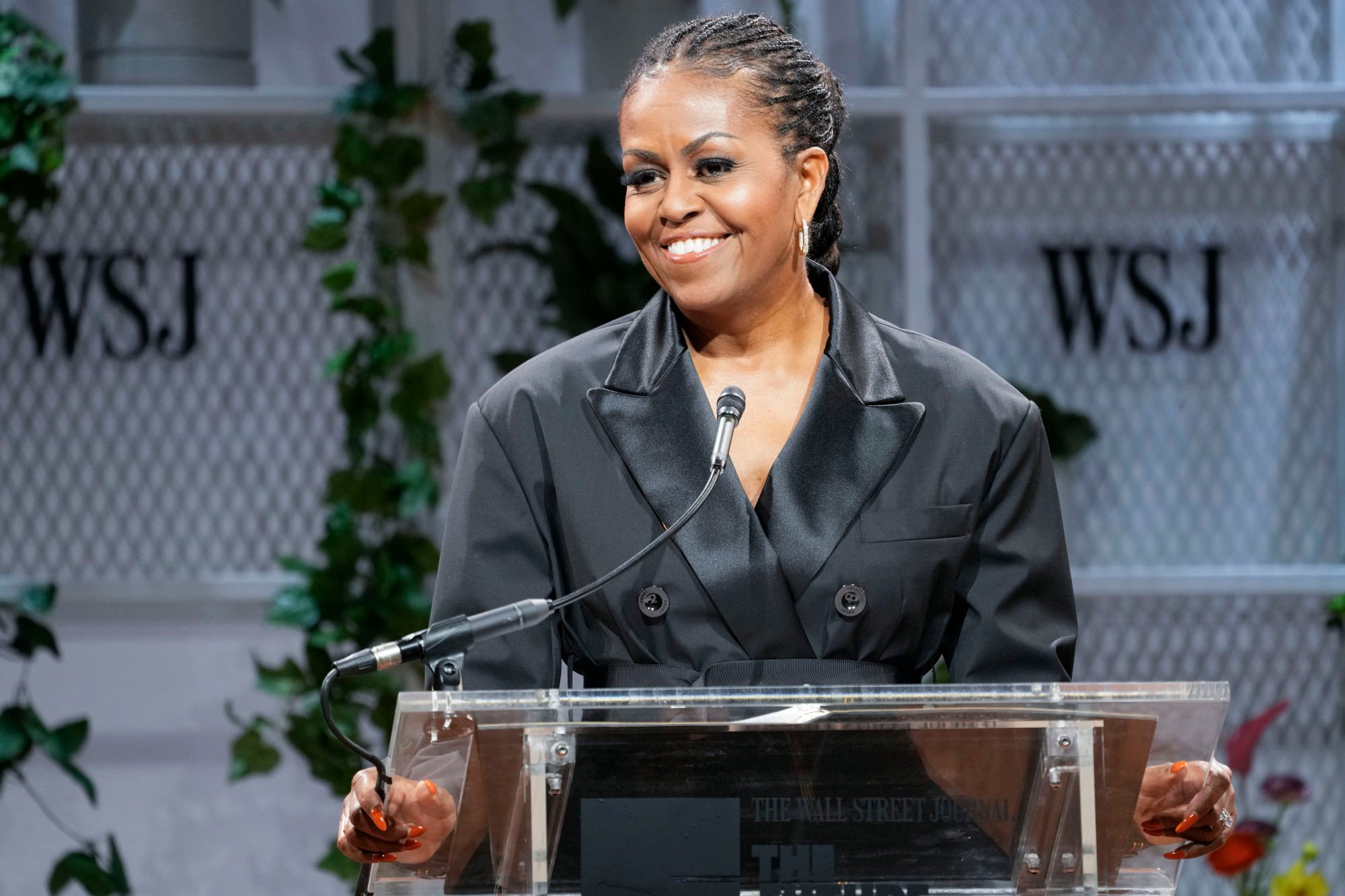
Michelle Obama
Strong Points:
The popular former first lady is the surprise favorite among pollsters, leading Trump by a wide margin even as most of Biden's potential alternatives lag behind the former president.
Cons:
Michelle Obama has repeatedly said she has no interest in running for any public office, let alone the White House.
There's no reason not to take her at her word, especially since she knows better than anyone the toll such a race can take on herself and her family.

